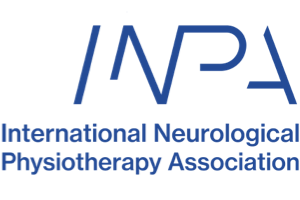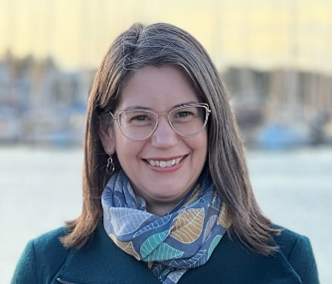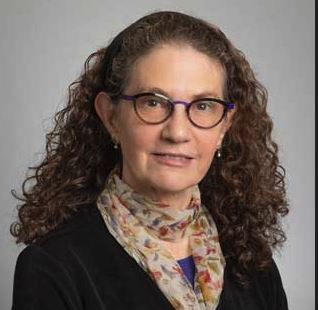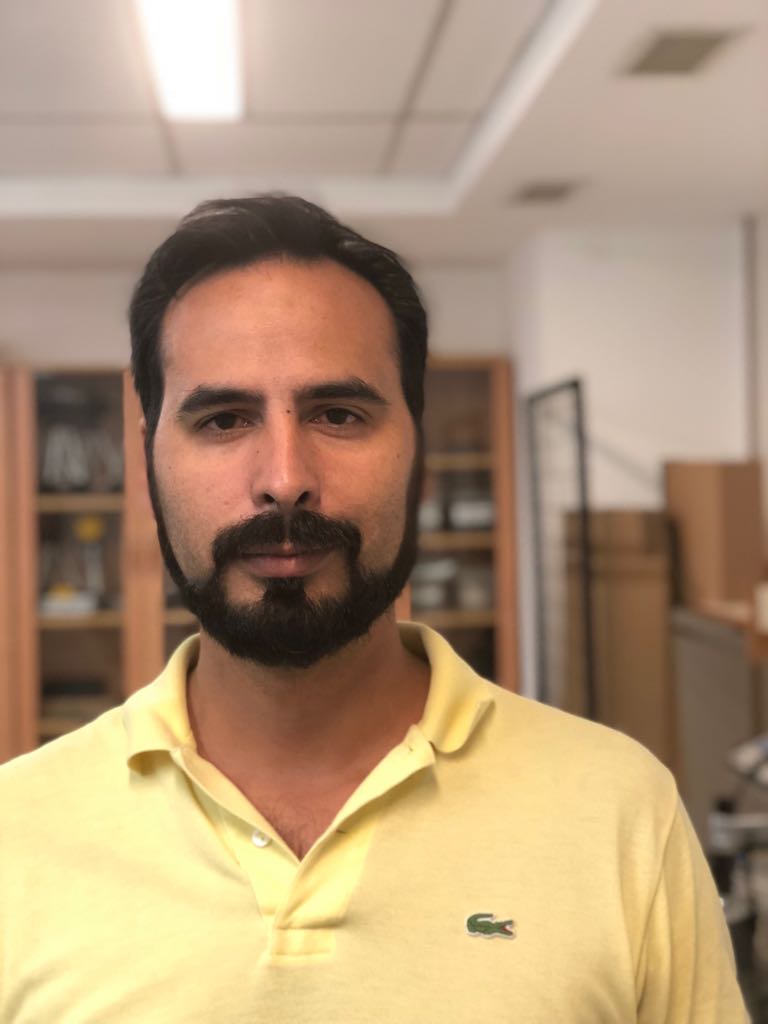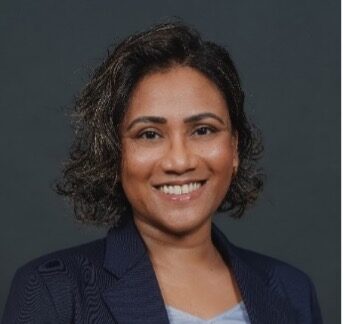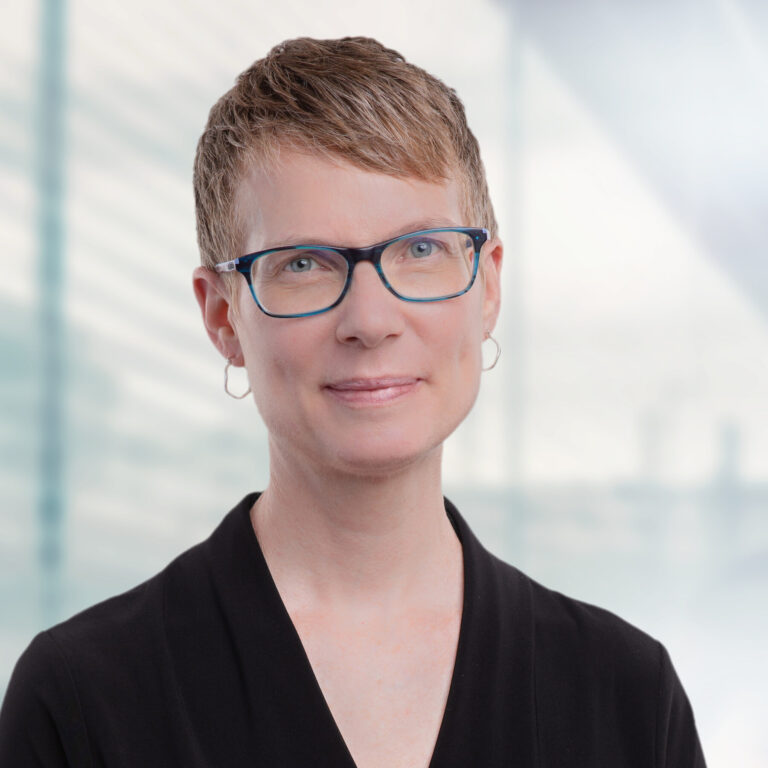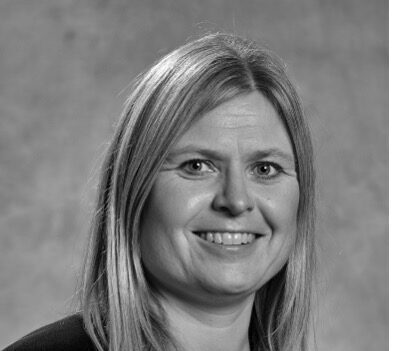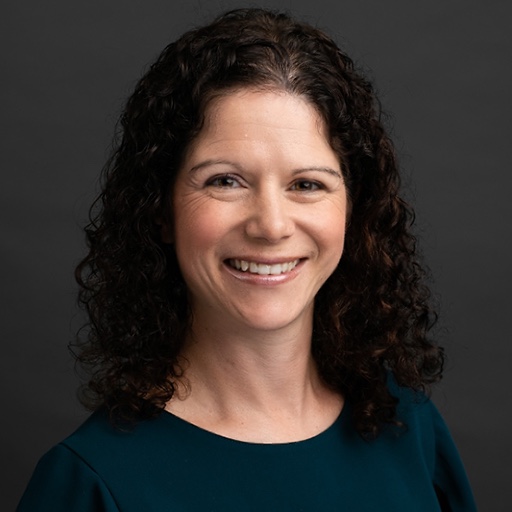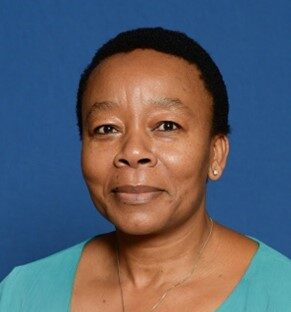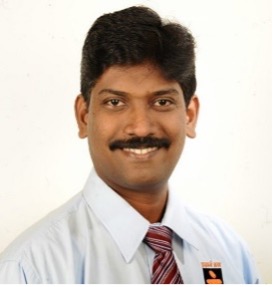Stroke
Main Speaker: Coralie English (Australia)
Professor Coralie English is a physiotherapist and an experienced stroke clinical trialist. Her research focuses on understanding the health benefits of physical activity and diet for people after stroke, as well as determining optimal models of rehabilitation and service delivery after stroke.
Her research expertise is varied, including physiotherapy, clinical trials, consumer engagement and digital health solutions. Specifically, Coralie’s research seeks to:
- understand the impact of sedentary behaviour on health, both early and later after stroke,
- develop and test interventions to enable greater physical activity in people who have had a stroke
- determine the optimal ‘dose’ of exercise and physical activity needed to improve outcomes,
- understand the causes and effective management strategies for post-stroke fatigue, including the role of physical activity
- use digital solutions to both encourage and measure physical activity and sitting time.
Coralie is the current Co-Chair of the Content Development working party for the Stroke Foundation’s Living Clinical Guidelines for Stroke Management. These guidelines are dynamically and constantly updated as new information is discovered and are the only ‘living guidelines’ for stroke management in the world. Coralie oversees the content of these guidelines to ensure they reflect best practice for stroke patients.
Coralie led the establishment of the Stroke Research Register (Hunter) in 2016. This register now contains over 600 people whose lives have been impacted by stroke who contribute to stroke research in various ways. Through involving consumers in her research, Coralie ensures that her research is focused on what really matters to those affected by stroke throughout the recovery journey.
Moderator: Judith Deutsch
Judith Deutsch PT PhD FAPTA is professor and director of the Rivers Lab in the Department of Rehabilitation and Movement Science and the Graduate School of Rutgers University. Her research focuses on restoring mobility, balance and fitness for persons with neurologic health conditions. She was the first Editor of JNPT- the official journal of INPA and is a long-time active member of the global neurophysiotherapy community.
INPATIENT CASE PANEL
Santiago Gómez Argüello (Argentina)
Shamala Thilarajah (Singapore)
A/Prof Shamala Thilarajah trained as a physiotherapist specialising in neurological rehabilitation in Sydney and London before returning home to Singapore in 2012. She has worked across acute to community sectors over the 20 years of clinical experience. At present, A/Prof Thilarajah leads several stroke improvements projects at an institutional and health cluster level. She also holds a part-time position with Ministry of Health Chief Allied Health Officer’s Office as one of the leads for the Community Rehabilitation Transformation Workgroup. In 2020, A/Prof Thilarajah was one of the 2 Singaporeans who were selected as a World Stroke Organisation Future Leader. She is a passionate advocate for people with stroke and other disabilities and believes in equal access to social participation for people with disabilities. She is the current elected President of the Singapore National Stroke Association.
Nancy Salbach (Canada)
Nancy Salbach is a physical therapist and epidemiologist. She obtained BSc degrees in Physiology and Physical Therapy at McGill University and practised clinically at the Montreal General Hospital before pursuing graduate studies. She completed an MSc degree in Rehabilitation Science and a PhD degree in Epidemiology and Biostatistics at McGill University and a postdoctoral fellowship in Knowledge Translation at the University of Toronto. Nancy has received multiple research awards, including a Heart and Stroke Foundation Mid-Career Investigator Award, a Canadian Institutes of Health Research New Investigator Award, an Ontario Ministry of Research and Innovation Early Researcher Award, and a Heart and Stroke Foundation of Ontario Clinician Scientist Career Award. She currently holds the Toronto Rehabilitation Institute Chair at the University of Toronto. Nancy’s research is focused on advancing stroke rehabilitation practice and increasing access to community exercise programs for adults with balance and mobility limitations from stroke and other chronic conditions. Nancy is a founding member and Chair of the Canadian Advisory Collaborative for TIMETM(CAN-ACT). CAN-ACT is a national collaborative that includes people living with balance and mobility limitations, healthcare professionals and managers, stroke network coordinators, recreation managers, fitness coordinators, and researchers, with an interest in advancing the Together in Movement and Exercise (TIMETM) program. TIMETM is a community exercise program incorporating a healthcare-recreation partnership for people with balance and mobility limitations.
Elisabeth Bø (Norway)
Elisabeth Bø, physical therapist, PhD, working in the PT section, medical department, Oslo University Hospital. She is the project leader of the FIRST-Oslo long term follow up, and she was also involved in the FIRST-Oslo project in 2016-2019. She also works at the Norwegian National Advisory Unit on Exercise Training as Medicine for Cardiopulmonary Conditions, St. Olavs Hospital.
OUTPATIENT CASE PANEL
Natalie Fini (Australia)
Natalie Fini is a Senior Lecturer in Physiotherapy and Post-Doctoral Researcher at the University of Melbourne. She is a titled Australian Physiotherapy Association Neurological Physiotherapist with more than 20 years of experience working with stroke patients and she co-ordinated the neurology teaching for the Doctor of Physiotherapy program at the University of Melbourne from 2017-2023.
Natalie’s research interests are in physical activity and cardiovascular risk after stroke. She is a National Health & Medical Research Council of Australia Emerging Leadership Fellow and is currently conducting an early-phase trial to test personalised physical activity programs for stroke survivors. Natalie is an emerging leader in the International Stroke Recovery and Rehabilitation Alliance and is the immediate past Chairperson of the National Neurology Group of the Australian Physiotherapy Association.
Veronica Ntsiea (South Africa)
Veronica Ntsiea is an Associate Professor and Head of the department of Physiotherapy at University of the Witwatersrand, Johannesburg, South Africa. Qualifications: BSc Physiotherapy MEDUNSA (1995); MPH Wits (2006); PhD Wits (2013). Research interest is rehabilitation of people with neurological conditions, mainly stroke, from acute to reintegration into society including return to work.
Published more than 50 original research articles in peer reviewed national and international journals; presented scientific papers at national and international congresses; and supervised 20 MSc and 5 PhD students to completion. Serves as a manuscript and research grant reviewer at national and international level including the National research foundation and the Medical research council of South Africa. Has a C2 National Research Foundation rating which is a national recognition as an established researcher.
Some of the key current service to the profession activities include serving as a board member of the Health professions council of South Africa (Physiotherapy, Podiatry and Biokinetics board); a convener of the evaluation and rating panel of the National research foundation and a research leader of a provincial stroke working group.
Catherine (Katie) Siengsukon (US)
Catherine (Katie) Siengsukon, PT, Ph.D. is a Professor in the Department of Physical Therapy, Rehabilitation Science, and Athletic Training and is the Director of the Sleep, Health & Wellness (SleepWell) Laboratory at the University of Kansas Medical Center, Kansas City, KS. Dr. Siengsukon received her Bachelor’s Degree in Biology in 2000 and a Master’s in Physical Therapy from Rockhurst University in 2002 and her Ph.D. in Rehabilitation Science from the University of Kansas Medical Center in 2008. Dr. Siengsukon is certified in behavioral sleep medicine thru the Board of Behavioral Sleep Medicine.
Dr. Siengsukon’s research interest involves understanding how sleep impacts health and recovery and investigating non-pharmacological interventions (exercise, cognitive behavior therapy for insomnia) to improve sleep outcomes, particularly in individuals with neurologic injury or disease. Dr. Siengsukon’s research has been supported by the Department of Defense, the National Institutes of Health, the American Heart Association, and the National Multiple Sclerosis Society.
John Solomon M (India)
Dr. John Solomon M is Additional Professor and Head of the Department at the Department of Physiotherapy at MCHP, Manipal.
He is:
- Head of Department of Physiotherapy
- Coordinator- Centre for Comprehensive Stroke Rehabilitation and Research
- Academic- MPT Neuro- Academic coordinator
- Clinical Incharge: Balance and vestibular rehabilitation Unit and Neurosurgery wards

